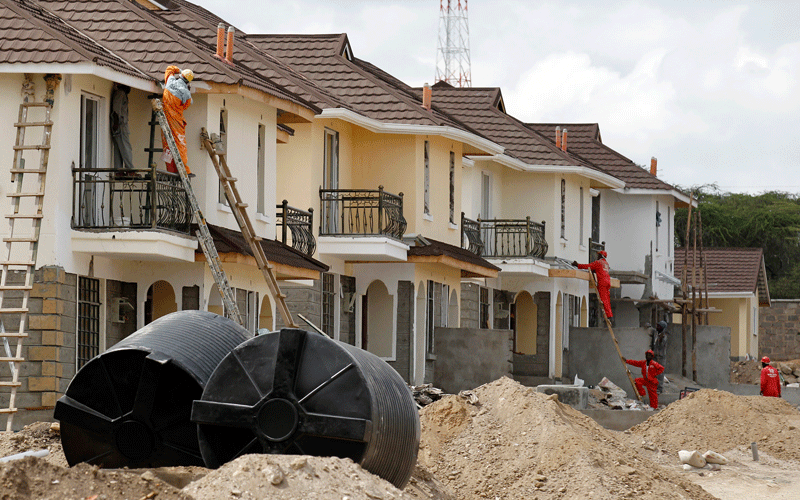Real estate players call for waivers in budget

Steve Umidha @UmidhaSteve
Just hours ahead of Ukur Yatani’s touch-down at Parliament buildings, there is evidence – once again – of a yawning tension among real estate players.
Property market observers expect a revised and favourable outcome in the offing, possibly one that will spur real estate business, one of the sectors to be adversely hit by the coronavirus pandemic.
Yatani, who was appointed as Treasury Cabinet secretary on January 14, this year, will this afternoon lay out plans on how the government will spend Sh2.7 trillion in the next financial year, with key sectors like real estate expectant of a decent announcement.
George Mburu, a director at Mizizi Africa Homes, expects a special consideration given to incentivise the sector if it is to attract foreign direct investments, reduce housing deficit and support job creation to enhance the sector’s contribution to the economic growth in the post Covid-19 pandemic.
Boosting production
“Therefore, the fiscal year 2020/21 Budget measures for the real estate sector should lay strong emphasis in boosting activities around development of the affordable housing segment, one of the government’s Big Four agendas,” said Mburu.
Some of these incentives, he believes, should be a reduction in home loan interest rates to make ownership a reality to struggling Kenyans.
“This will result in a spike in uptake of affordable homes by propping up numbers especially of first time home buyers who will be encouraged to take up units as extra money is placed in the pockets of those already servicing home loans to boost cash flows in the segment,” he said.
Experts also want a one-year tax holiday offered to developers currently stressed out by the adverse effects of coronavirus.
“This is essential to ensure real estate players get some financial relief to sustain business and complete on-going projects.
The already subdued economic activities have impacted on the cash-flow of many real estate firms,” says Tim Kipchumba, a project manager at real estate firm Questworks.
Players in the sector further expect marginal reduction of taxes on construction materials like cement, steel and iron sheets to address the challenge of liquidity in the sector and stimulate construction activities.
This measure is expected to boost manufacturing output, supports infrastructure development and two other government’s Big Four agendas.
“With all these proposed interventions, we expect the sector to maintain its upward trend in terms of growth as we remain very hopeful that the government will take greater consideration to institute construction sector supportive measures,” said Mburu.
Indeed, uncertainties caused by the coronavirus pandemic was expected to cause widespread disruption to the rental market, according to a report by real estate consultancy firm HassConsult, which predicted the worst was still ahead.












